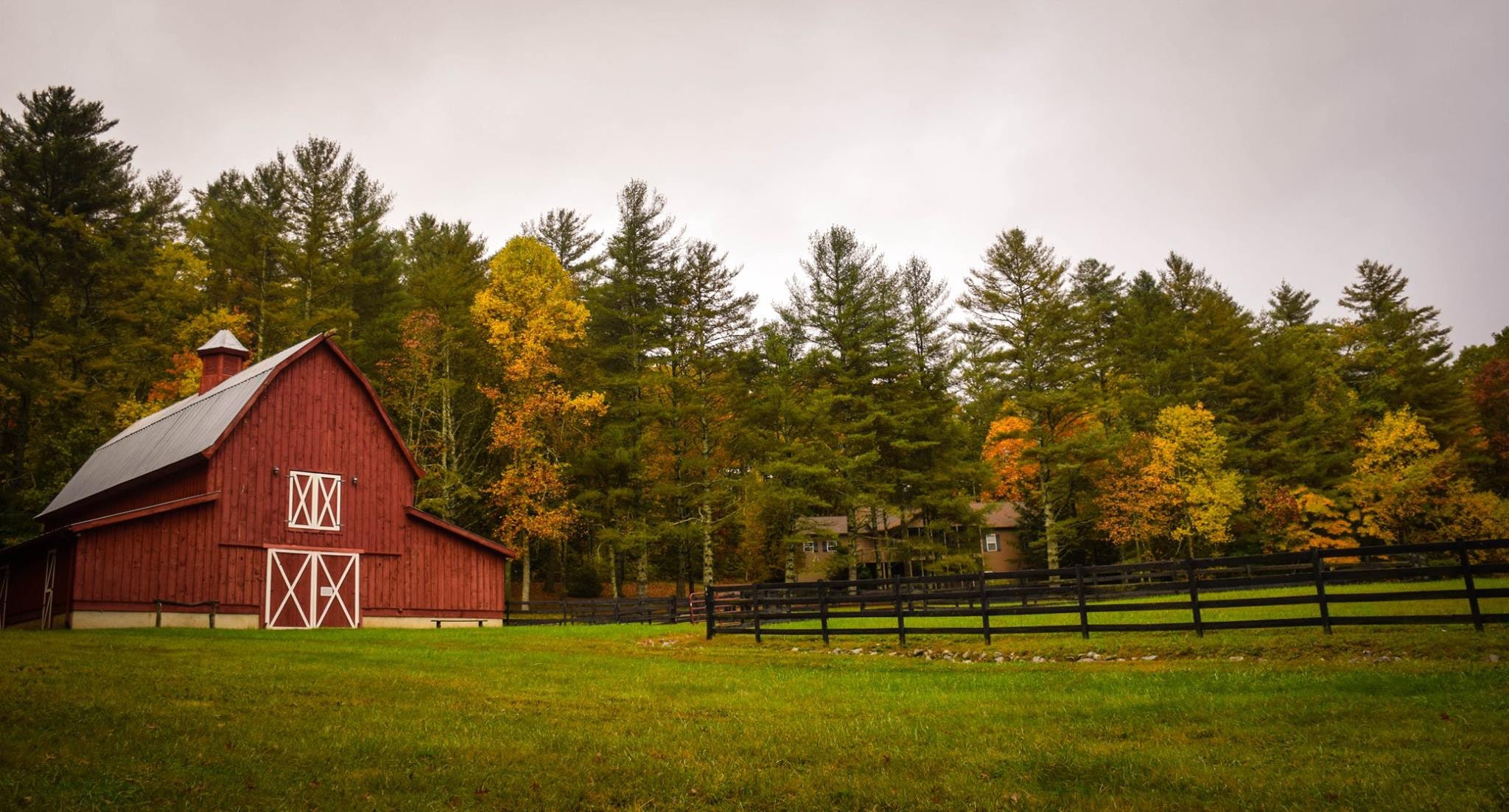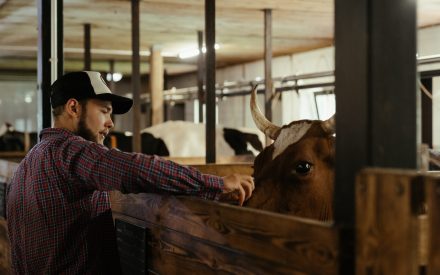Hiring farm workers right now is incredibly difficult. Labor shortages are widespread, workers are expecting higher starting wages, and after farms hire and train a new employee, there is a risk that they will jump ship for a better-paying job. Improve the retention odds on your farm by putting a plan in place to improve the employee onboarding experience.
For most people, the first day of work at a new job is filled with excitement and optimism. The stress and anxiety of the job search is over and is replaced with hope and enthusiasm for a bright future. Savvy farm managers can capitalize on those feelings by creating a great first day for every new hire. Think of employee onboarding as that all-important “first impression” that an employee makes when joining your team.
Unfortunately, too many farm managers miss this opportunity by thinking of onboarding as just filling out new hire paperwork. While completing HR and payroll forms is important, it won’t create a lasting positive impact that keeps valued team members from leaving. A robust onboarding plan includes so much more and is good for your business’s bottom line.
Reduce time-to-productivity
It can take several weeks to months for new employees to reach their full potential on your farm. The change in work environment, understanding manager expectations, and building rapport with a new team of co-workers can limit productivity as new team members navigate their job. A thorough onboarding plan can reduce this lag in productivity by introducing employees to the ways to be successful early on. Those keys to success include understanding who to go to with questions, understanding key processes and procedures, and getting to know your expectations for employee performance.
Some managers are reluctant to invest the amount of time this takes with each and every new employee. Sometimes the perception can be “I can’t afford to spend this much time on a new hire…what if they don’t work out?”. The reality presented by the current job market, however, is that if you’re not willing to spend the time to ensure success for this new hire, some other manager likely will.
Faster integration into farm culture
Another important benefit of a robust onboarding plan is faster integration to your farm workplace culture. The positive work environment that keeps others working at your farm is very important for new hires to see early and often. Getting the hang of things happens sooner and more effectively when the new employee feels like asking questions is normal and that they will be treated with respect when they risk revealing ignorance. In an atmosphere of disrespect and impatience, the tendency is to hide the need for help.
Research shows that many new employees quit jobs because of a feeling that they don’t fit in. It’s natural and normal for employees to want a sense of belonging at work. And while you, as their manager, cannot “make friends” for them, your efforts for them to get to know other employees can pay off.
Lower turnover
Recent research by the Brandon Hall Group found that organizations with a strong onboarding process improve new hire retention by 82% and productivity by over 70%. As new employees begin to formulate impressions of your farm immediately, consider if that experience is welcoming, well-planned, and impressive, or are new employees left to figure things out on their own?
Important components of your onboarding plan
A recent Gallup survey found that only 12% of employees agree their organization does a great job of onboarding new employees. That means 88% of employers have a lot of room for improvement! What are some steps you can take today to improve the onboarding experience at your farm?
Approach employee onboarding in 5 phases:
- Initial Welcome – Show your new hire that you’re glad to have them join the team with a warm welcome. Clarify the employee’s name and how they prefer to be referred to. Make sure you’ve communicated the new hire’s arrival to other key people so they can share in the enthusiasm. It can be very disheartening to a new employee if nobody at the new workplace seems to know that they were coming. Share your farm Vision and Mission statements so that the new hire can understand what you value. Including a farm tour and introductions can add to a positive first impression.
- General Information & Procedures – New employees will want to know where to put their belongings, uniforms/dress code, where to have lunch, and the location of restrooms. Take this opportunity to also cover key employee policies like cell phone use and use of farm vehicles and equipment.
- Work Time & Pay – It’s important to set expectations upfront regarding start times and hour expectations. Include any seasonal variations and overtime in those expectations. This is a great time to cover call-in procedures and use of vacation, sick, and/or personal days as these policies can vary widely from farm to farm. Set expectations for feedback and performance reviews.
- The Job – Here’s where your completed Job Descriptions come in handy as you explain the procedures and tools for success in the position. Org Charts can also give the new hire an idea on who to go to with questions. This is also a great time to discuss potential career paths on your farm. Highlighting success stories of employees who have moved into advanced roles on the farm can be a powerful motivator for your new hire, and it will encourage them to view the opportunity as a long-term career.
- Your Philosophy about Safety – Don’t miss this important step to emphasize the importance of employee safety and well-being and create a culture of caring that makes a great impact. Approach farm safety from a standpoint of sincerely caring about the individual and their health versus a list of “rules”.
Use the Onboarding New Employees Checklist to ensure you’ve covered every detail. Customize this checklist to include specific items for your farm.
In summary, one of the biggest mistakes farm managers make is assuming that new workers are ready to work and will figure things out. Good employees are too valuable, too hard to find, and too difficult to replace to leave things to chance. Having an onboarding plan in place for your farm can reap benefits in productivity, engagement, and retention.


 Develop an organizational chart for your farm business
Develop an organizational chart for your farm business Writing effective job descriptions
Writing effective job descriptions Understanding the Total Compensation Statement Benefits Everyone
Understanding the Total Compensation Statement Benefits Everyone Workplace Conflict: Why It Happens and What You Can Do About It
Workplace Conflict: Why It Happens and What You Can Do About It


